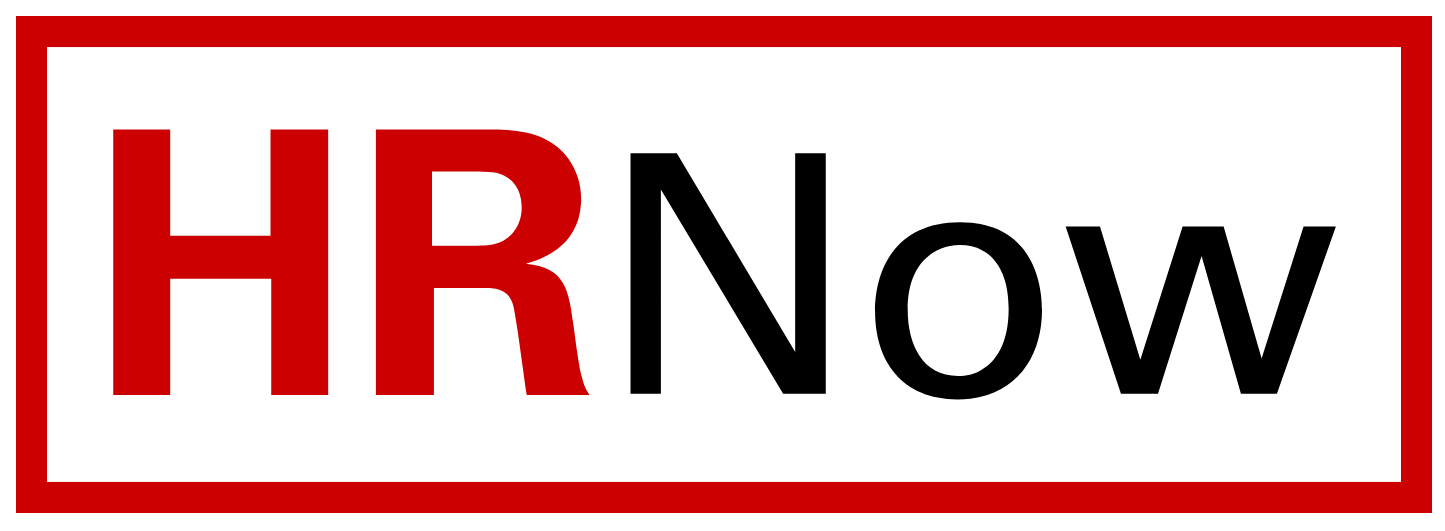October 10, 2018: The Trump Administration has proposed changes to rules regarding how the acceptance of certain public benefits may impact admissibility to the U.S., including the ability to change or extend nonimmigrant status. As summarized by Fragomen Worldwide (immigration law firm):
“The proposed regulation would impose stricter standards for determining whether an applicant for a visa or permanent residence is likely to become a “public charge” – i.e., dependent on the government to meet their needs. The intent of the rule, as stated by DHS [Department of Homeland Security], is to ensure that applicants for admission to the United States are “self-sufficient.” DHS is also proposing to apply the public charge analysis to most nonimmigrant extension of stay and change of status requests filed with the agency.
In making a public charge determination under current guidance, the government only considers whether a foreign national is or is likely to become primarily dependent on government support by receipt of cash public benefits or long-term institutionalized care at the government’s expense. The new rule would create a broader definition of “public charge” by subjecting applicants to inadmissibility if they received or are deemed likely to receive cash or non-cash public benefits or subsidies, in addition to the existing benefits that might qualify someone a public charge. In making a public charge determination, adjudicators would apply a complex test that considers the totality of a foreign national’s circumstances, including age, health, family size, education level, skills and financial circumstances, including their income, personal assets, and credit history.”
Additional information is available at https://www.kff.org/disparities-policy/fact-sheet/proposed-changes-to-public-charge-policies-for-immigrants-implications-for-health-coverage/ and https://s3.amazonaws.com/public-inspection.federalregister.gov/2018-21106.pdf.
